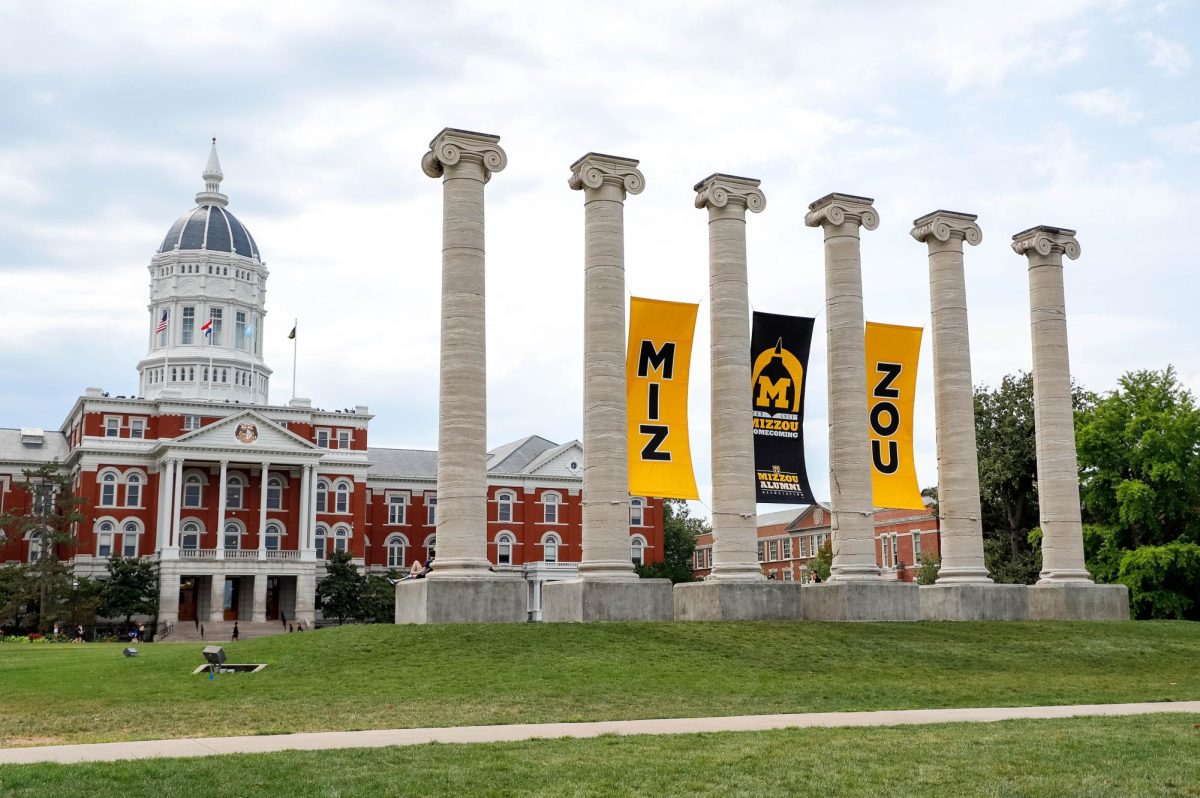This May, audiences will have the opportunity to see how The Joplin Globe responded to the tornado when a documentary chronicling the newspaper’s experiences premieres in Columbia.
“Deadlines in Disaster” will premiere at 7 p.m. May 3 at the Missouri Theatre. The Missouri Press Foundation, an affiliate of the Missouri Press Association, produced the film.
MU’s School of Journalism will help organize the premiere and also a silent auction that will benefit a memorial for the victims of the tornado.
The tornado that hit Joplin is the seventh deadliest tornado in United States history, killing 159 people and destroying most of the town, according to the National Oceanic and Atmospheric Administration.
Carol Stark, editor of the Globe, said a few of the newspaper’s staff members were in the newspaper office working on a high school graduation story when they received reports of the tornado.
Although the newspaper office itself wasn’t hit by the tornado, a third of the staff members lost their homes. Bruce Baillie, a page designer for the Globe, died.
Stark said though many of the staff members’ houses were in ruins, they continued to report on the issue.
“I had a copy editor who received a phone call that said ‘Hey dad, your house gone,’ and he stayed and kept working,” Stark said. “People put their personal lives aside, not just a for a couple of days, but for weeks and weeks to make sure that we covered this story.”
The film was co-directed by Beth Pike and Steve Hudnell. Pike was sent by CBS news to Joplin for the first week after the storm.
“It was during that initial phase that it was obvious the Globe had really a tremendous loss of their own,” Pike said. “I talked to a friend of mine, former Associated Press Reporter Scott Charton, about it, and he was really the genesis for how this documentary came about.”
Charton and Pike, who co-produced the film, approached Doug Crews, executive director of the Missouri Press Association, about supporting the documentary. Crews then sent videographer Stephen Hudnell to document the Globe after the tornado.
“We wanted to take a total picture of the newspaper and its staff in the coverage after the tornado,” Crews said. “We were getting reports of what a wonderful job the newspaper was doing. They didn’t miss an issue.”
Pike said once she arrived Joplin she realized the magnitude of the devastation.
“I’ve covered a lot of tornados over my career, and I’ve never seen anything like it,” she said. “For miles and miles there was nothing. It almost looked like an atomic bomb had gone off.”
Pike said the Globe reporters were forced to deal with the disaster that their community had experienced.
“Even though they had needs of their own, they were still out in the debris field covering it,” she said.
Stark said the film demonstrates how important professional journalism is in times of tragedy.
“I hope the film was able to face on what reporters working for community newspapers do every single day,” Pike said. “One of the things The Joplin Globe was able to successfully do is help their community mourn their losses. And they still had to put on the role of the watchdog and really step up to the plate. In so many ways they had a huge job to do.”
Stark said though homes and businesses are being rebuilt, there are still years of recovery ahead.
“As a newspaper, we can’t say we’re done reporting on it,” she said. “We can’t move on until Joplin has moved on. It’s still our big story.”







